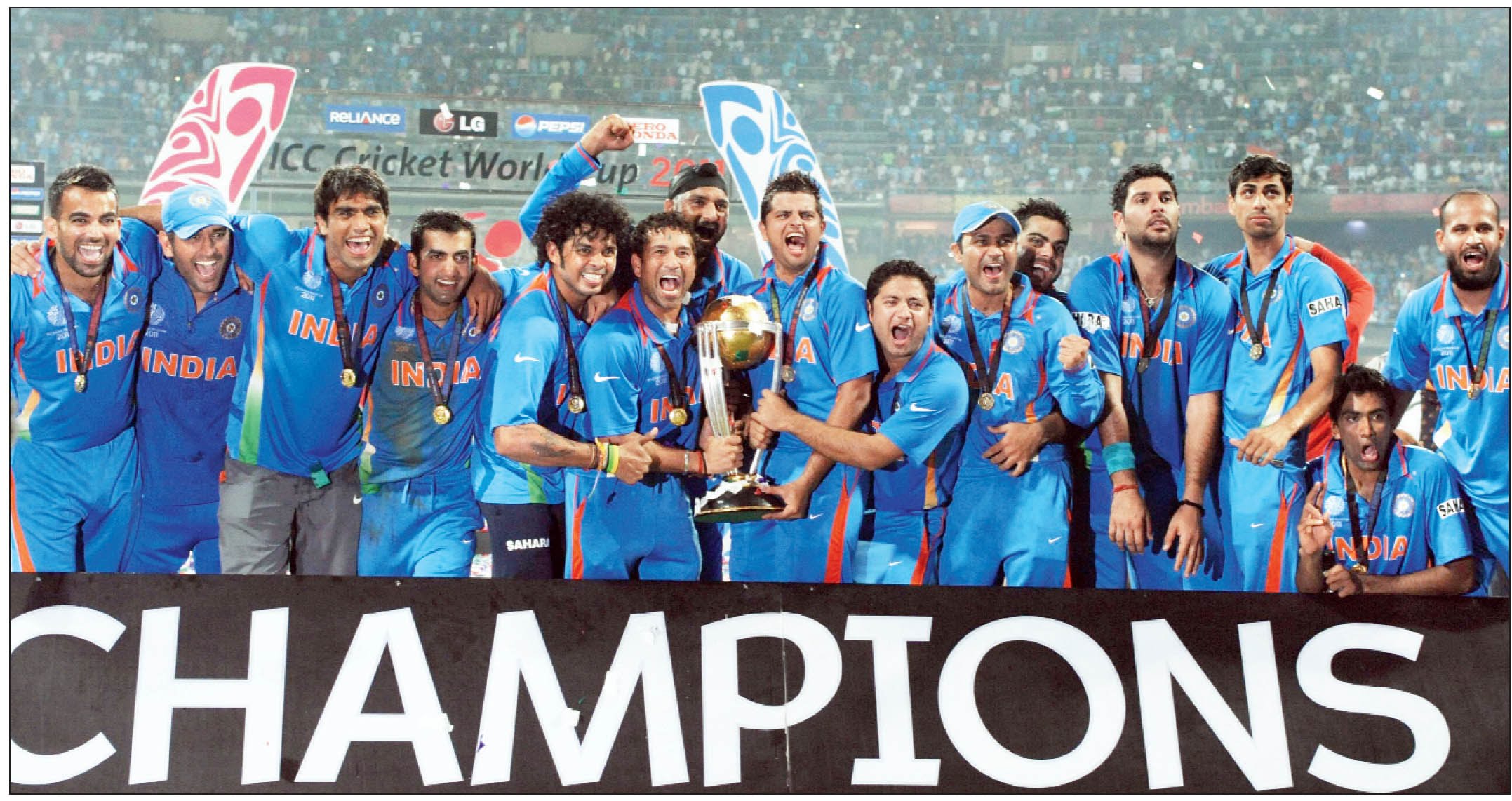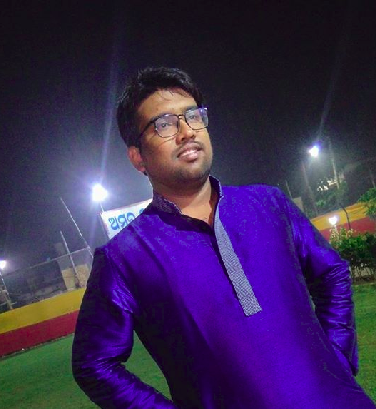The other side of Joy
We all danced, we all hopped, we all celebrated. India are not Australia, we don’t win World Cups with an insane regularity. This moment was ours and only ours to make it a golden day for us. It was all dramatic. It was surreal. It was beautiful. It called for a party.

April 2, 2011, provided us with the kind of joy that saw no bounds. If you were in Mumbai that day and managed to get to the iconic Marine Drive road, you could see what it meant for Indian cricket. The joy was real and so were all the feelings related to it. Redundant to talk about it now, but it was also the moment that defined the new India the most. People like Ravichandran Ashwin, Virat Kohli came along, MS Dhoni became the messiah who could do just everything, a dream of 22 years for a certain man from Mumbai was fulfilled and Yuvraj Singh became the phenomenon of modern Indian pride. Ecstatic was an understatement.
But when the curtains come down and the theatre closes, the reality of the present is the only thing that matters. True that the win gave Indian cricket the self-esteem it deserved and ended 28 years of frustration, but have we ever acknowledged the other side of that night, which wrote a different story of itself with the same ink? Fortunes have a funny way of playing its cards and sometimes, the ecstasy knows when to turn the table. As much I was happy for India’s World Cup win as a 17-year-old, the grown-up 26-year-old realised that the cascading effect it had in the subsequent years.
There is a captioned screenshot widely shared on Twitter that caught my eyeballs on the day Star Sports decided to telecast the 2011 World Cup final ball-by-ball. Like many would have, I was glued to the TV to relive the match once again - for it was a happier moment as an Indian fan and secondly, it was a throwback to the simpler times when Sri Lanka used to be a force to be reckoned with. It was a simple picture of the Playing XI of that Mumbai encounter, with the caption that “it is a shame this team never played another game together”. There is nothing special in that but it felt something different to me like I had lost a part of my childhood while trying to be a grown-up man.
Why did the players, born in the late 70s and early 80s, fail to sustain the rigours of international cricket even though a lot could have been expected from them? The likes of Gambhir, Harbhajan, Yuvraj, and Zaheer... What about them? Was it the IPL that followed the World Cup or was it just the feelings of scaling the peak? Was it lack of inspiration or was it the feeling of being an overconfident world champion?
There have been many stories, many theories, but the one that lingers in my head is the real-time case study of Gautam Gambhir and Yuvraj Singh. Yuvraj suffered deadly cancer and kudos to his determination that he broke through the shackle to emerge victorious and played for India for six more years. Gambhir, whose batting form reached the Bradmanesque level in the three-year period between 2008 and 2011, despite falling from grace, kept on piling runs in domestic cricket. But the duo could never ensure a permanent place in the side.

 © Getty
© GettyIn hindsight, it can be viewed that the idea of jumping into a full season of IPL just after a rigorous two-month long World Cup had a devastating effect on players like Virender Sehwag, Yuvraj Singh and Gautam Gambhir who had carried injury issues with them. Zaheer Khan was always an injury-prone cricketer but the BCCI couldn’t stop him from what they should have been predicting a difficult proposition for the pacer to handle. The Windies series that followed after that World Cup held no value but the BCCI sent a near-perfect side. Was it just to make a statement that their World Cup win was no fluke? We’ll never know.
As we started with the feeling of ecstasy, it is prudent to examine the same once again. When Sachin Tendulkar’s dream was fulfilled, with the wait of 22 years coming to an end, an ecstatic Virat Kohli proclaimed what it meant for Indian cricket and why it was the time the young guns started to take over. It was a valid and heart-felt emotion, expressed by a 20-something youngster and boy did he just do alright!
But the same was not true for the people, who craved that cup after being hard done by at the hands of Australia in 2003. They felt it was their peak and the sense of having achieved everything there to achieve left them in a position of contentment. And in the truest sense, contentment is as bad emotion for future success as it is fulfilling.
Don’t get me wrong. Winning the World Cup still remains a bigger achievement than the pain of why some of the stars faded away so early and rightfully so. Winning is everything that matters and the batch of 2011 made way for a more confident and aggressive brand of youngsters, led by a stoic Virat Kohli. But the corollary can’t be ignored either for someone like me, whose growing up period literally coincided with the rise of Sehwag, Gambhir, Yuvraj and Bhajji. It is a very difficult emotion to express but probably, I will make peace with that someday, maybe sitting in front of a TV set watching a bunch of 20-somethings lifting the Cup once again.

Comments
Sign up or log in to your account to leave comments and reactions
0 Comments